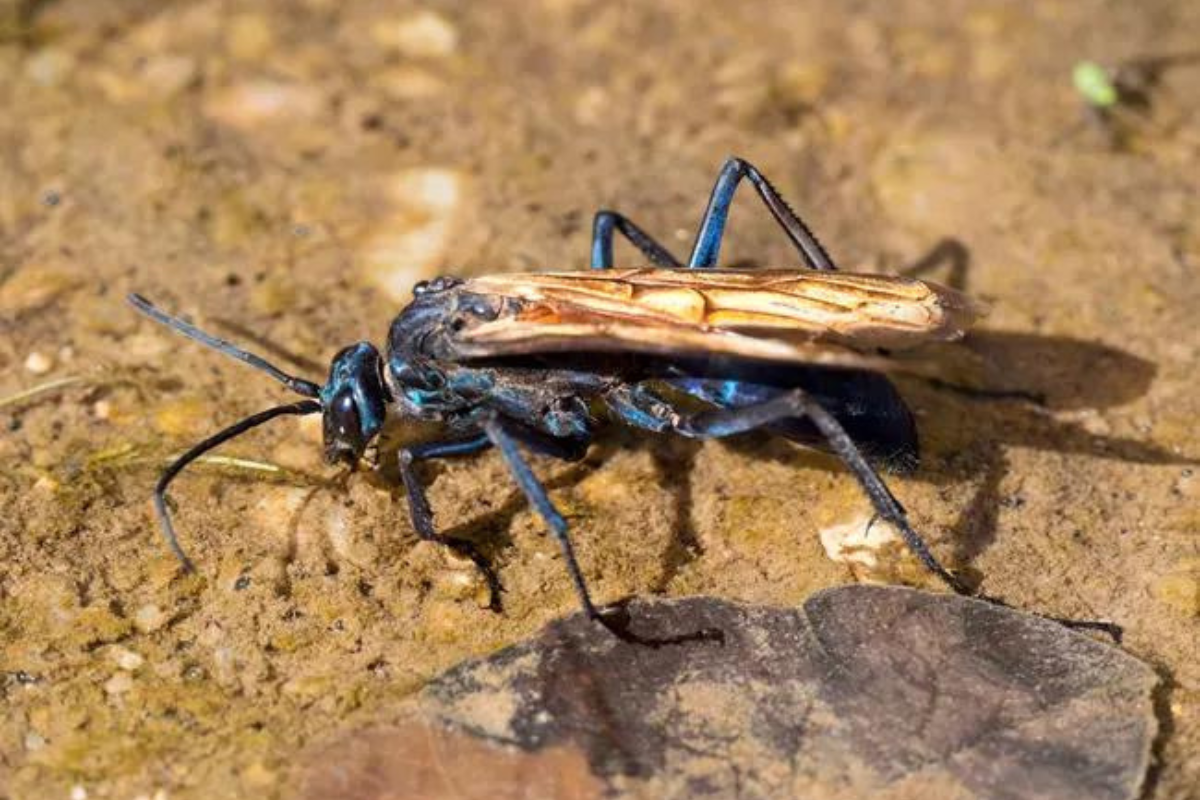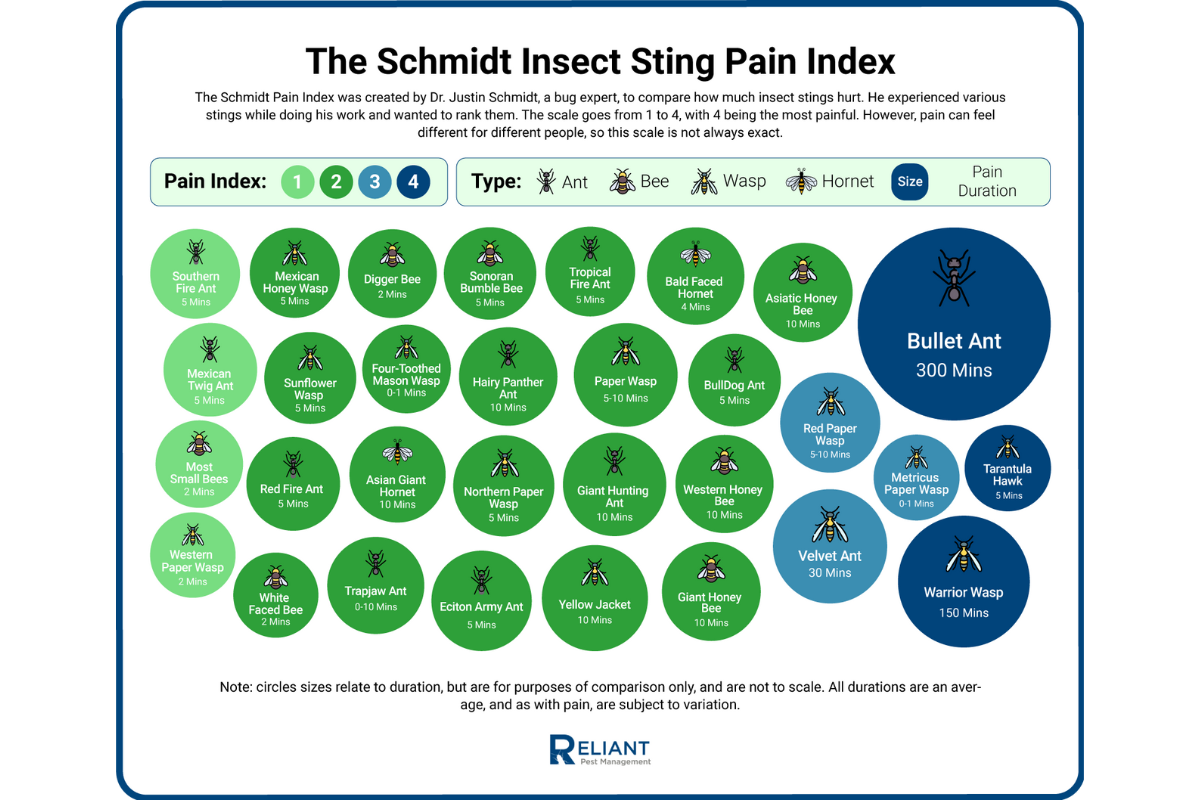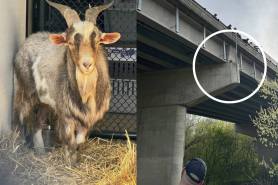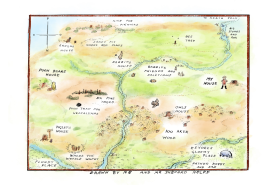

Part of visiting the outdoors is preparing for nature. That includes insects and all kinds of creatures. While tiny, some of them pack a big punch. A new list details the worst bug stings in North America.
Videos by Outdoors with Bear Grylls
Reliant Pest Management shared its list, which uses the Schmidt Insect Pain Index scale to highlight some of the worst bugs to mess with. Here’s a look at what tops that list.
Worst Bug Stings in North America

Tarantula Hawk
The tarantula hawk gets its name from feeding tarantulas to their larvae. The giant wasp has a powerful sting that is extremely painful. The stinger is a quarter inch long, and when it stings small creatures, it will paralyze them. Humans who are stung will feel excruciating pain for at least five minutes. The bug can be found in places like Grand Canyon National Park.
Warrior Wasp
Another wasp, and often said to be just about as painful as a tarantula hawk, the warrior wasp can be found in places like Costa Rica and Mexico. The bug lives in tropical places. Coyote Peterson described the creature as an iridescent blue paper wasp, and while beautiful, it’s extremely painful, as you can see in his video.
Bullet Ant
Finally, there is the bullet ant. While often not as painful as the two wasps, it’s still highly unpleasant. And what may make it worse is the pain will last for a long time. We’re talking six hours to an entire day. This ant is also less aggressive than the two wasps and prefers to be left alone, but if it feels threatened, it goes in for the sting.
Pain Level Explained
The Schmidt Insect Pain Index is the scale that researchers use to describe insect bites. Justin O. Schmidt, an entomologist in Arizona, created the scale. For reference, if a fire ant ever bit you, that’s only a “one” on the scale. The bugs you just read about hit a four.
Bugs to Avoid
While you’ll want to avoid bullet ants, warrior wasps, and tarantula hawks, you’ll want to avoid a long list of other bigs as well. Survivalist Bear Grylls outlined this list, including everything from bees to mosquitos and ticks. While some of these critters will leave you uncomfortable, others can cause disease or even kill you. Some quick advice:
- If bees swarm you, cover your face and run.
- For mosquitoes, wear clothing that covers exposed areas and an insect repellent.
- If bit by a centipede, clean the wound and then seek help.
Get more advice from Bear on handling insects in the full article.










